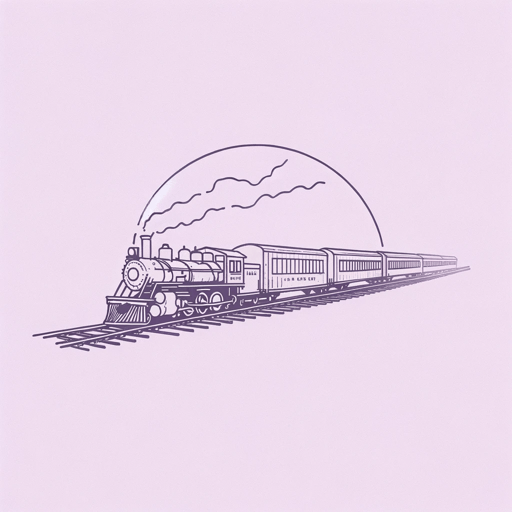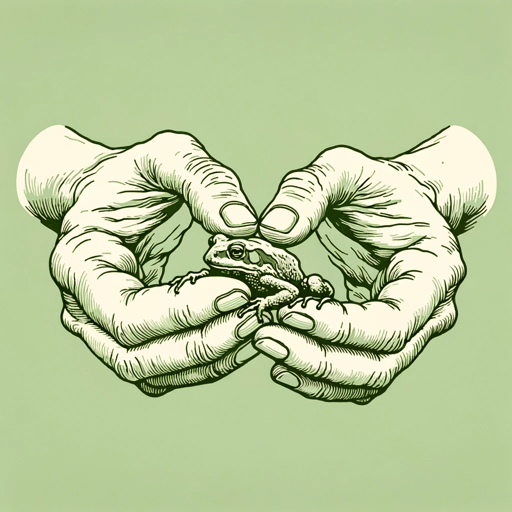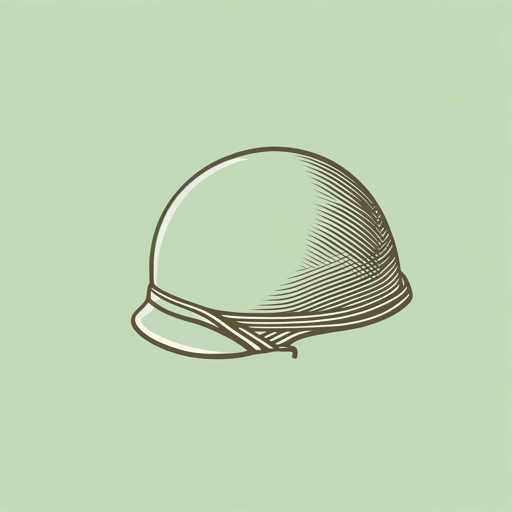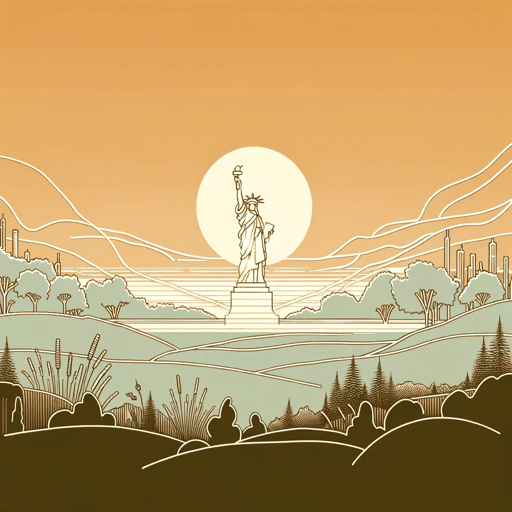55 pages • 1 hour read
Joseph BruchacTwo Roads
Fiction | Novel | Middle Grade | Published in 2018A modern alternative to SparkNotes and CliffsNotes, SuperSummary offers high-quality Study Guides with detailed chapter summaries and analysis of major themes, characters, and more.
Summary and Study Guide
Overview
Written by Joseph Bruchac and published in 2018, Two Roads is a middle-grade coming-of-age novel in which the protagonist, Cal Black, must learn to incorporate his newfound Creek identity into the multi-faceted identity he already holds. The novel begins in March of 1932 when the Great Depression is well underway, and thus Two Roads is also a work of historical fiction, for the interactions of the main characters reflect the rich culture and social nuances of the large transient population of unhoused people who “rode the rails” and roamed the United States looking for any kind of work during this period of great economic and social hardship. The novel also addresses the problematic and often abusive policies that the United States government implemented regarding the treatment of Indigenous people. The author himself, as a member of the Abenaki Nation, has a uniquely nuanced view of these significant social issues. Bruchac has written over 100 books, and many, like this one, focus on the challenges facing Indigenous people in a society predisposed to treat such groups with prejudice and systematic cruelty.
The Kindle 2018 version of this novel was used in the writing of this study guide.
A Note on the Language in This Guide: To accurately portray the nuanced and varied culture of unhoused people during the Great Depression, the source text features characters who proudly identify by the term “hobo” and adhere to a specific code of honor referred to as the “hobo code.” Additionally, the characters of the novel who identify in this way use the term “tramp” to actively denigrate any unhoused people who behave unethically and do not adhere to such a code of honor. These distinctions are espoused by the characters, not by this study guide, and they are an important part of the protagonist’s developing identity. While both terms are now considered to be derogatory, their usage represents a significant thematic element of the novel. As such, both terms are used in this guide (set in quotation marks) whenever they best reflect the author’s or the characters’ intentions.
Content Warning: Because this novel deals with identity and focuses upon Creek culture and more general Indigenous identities, word choice becomes important. The novel itself does not use the word “Indigenous”; instead, it uses the outdated term “Indian.” Because this descriptor originated from a mischaracterization of Indigenous people on the part of white explorers, this guide replaces it with the term “Indigenous” in almost every instance. The sole exception to this approach is in reference to “Indian Schools.” This particular phrase has been retained in this guide in the interests of historical accuracy because it was embedded in the proper names of many of these schools. At one point, the phrase “Injun Joe” is used. Because the narrator explains that this is a derogatory term, it has been included in this guide so as not to overlook the negative ways in which white culture viewed Indigenous people and tried to dehumanize them during this historical time frame.
Plot Summary
Two Roads is told from the first-person perspective of the protagonist, Cal Black. The novel opens in 1932, when the Great Depression is already in full swing. At this point in the novel, Cal’s mother has died, and he and his father proudly call themselves “hobos” and ride the rails in search of any employment they can find. They occasionally obtain meals at houses that other such travelers have marked as friendly using common “hobo signs,” but they always work for their food. This is part of the “hobo code” of honor that Pop teaches his son and that the two of them live by. Cal is content with this life, as he finds the lifestyle of hopping aboard trains and traveling to be both freeing and satisfying.
However, Cal’s father wants more for his son. He understands that Cal should continue his education, which he was forced to abandon when his school closed some time before the beginning of the novel. One day, Pop notices an article in a newspaper about veterans who are marching on Washington to try to get their due compensation for their time in the military. Pop tells Cal that he wants to go to Washington and that he thinks Cal should start school again. School seems like an impossibility for a boy without a home until Cal’s father tells him that he is a member of the Creek Nation.
This revelation about Cal’s heritage is shocking to the boy. Pop taught Cal many positive things about Indigenous people, but everything that Cal heard in school about Indigenous tribes and people was highly derogatory. Still, Cal wants to respect his father and make him happy, so he agrees to go to the Challagi Indian School while his Pop goes to Washington. The two ride the rails to Challagi and part ways once Cal is settled at the school. At first, Cal is reluctant to get too involved in the school because his main goal is to reunite with his father. Still, he instantly befriends a boy named Possum who becomes both a confidante and a mentor. Cal also becomes a member of Possum’s Creek gang, a group of boys from the Creek Nation who spend a lot of time together. Cal is compelled to do a lot of hard work at Challagi, but he also starts to learn more about his Creek heritage through his newfound friends. By the time he leaves the school, he is proud of this heritage.
When Cal has a clairvoyant dream that foreshadows the danger that Pop faces in Washington, a Creek boy named Deacon runs a sweat lodge ritual to help Cal come to terms with his ability and decide what to do. The “sweat” is a practice that was passed down through the ages to Deacon. The ritual helps Cal to achieve a new sense of clarity, and his friends help him run away from Challagi to go save his father from the danger that Cal saw Pop facing in Washington. Cal makes it to Washington as tanks descend on the city to combat what has since been labeled the Bonus Army: a peaceable group of veterans and their supporters who are fighting for the pay that all veterans deserve. Cal finds his father and is able to get him out of harm’s way. The two decide that the next best course of action is for Cal to return to Challagi in order to continue his education and develop his new friendships while Pop continues to fight for what he believes is right. By this point in the novel, Cal understands what it means to be a member of the Creek Nation, and he knows that no matter what road he travels in life, he will always consider himself to be a member of this Nation.
Related Titles
By Joseph Bruchac







